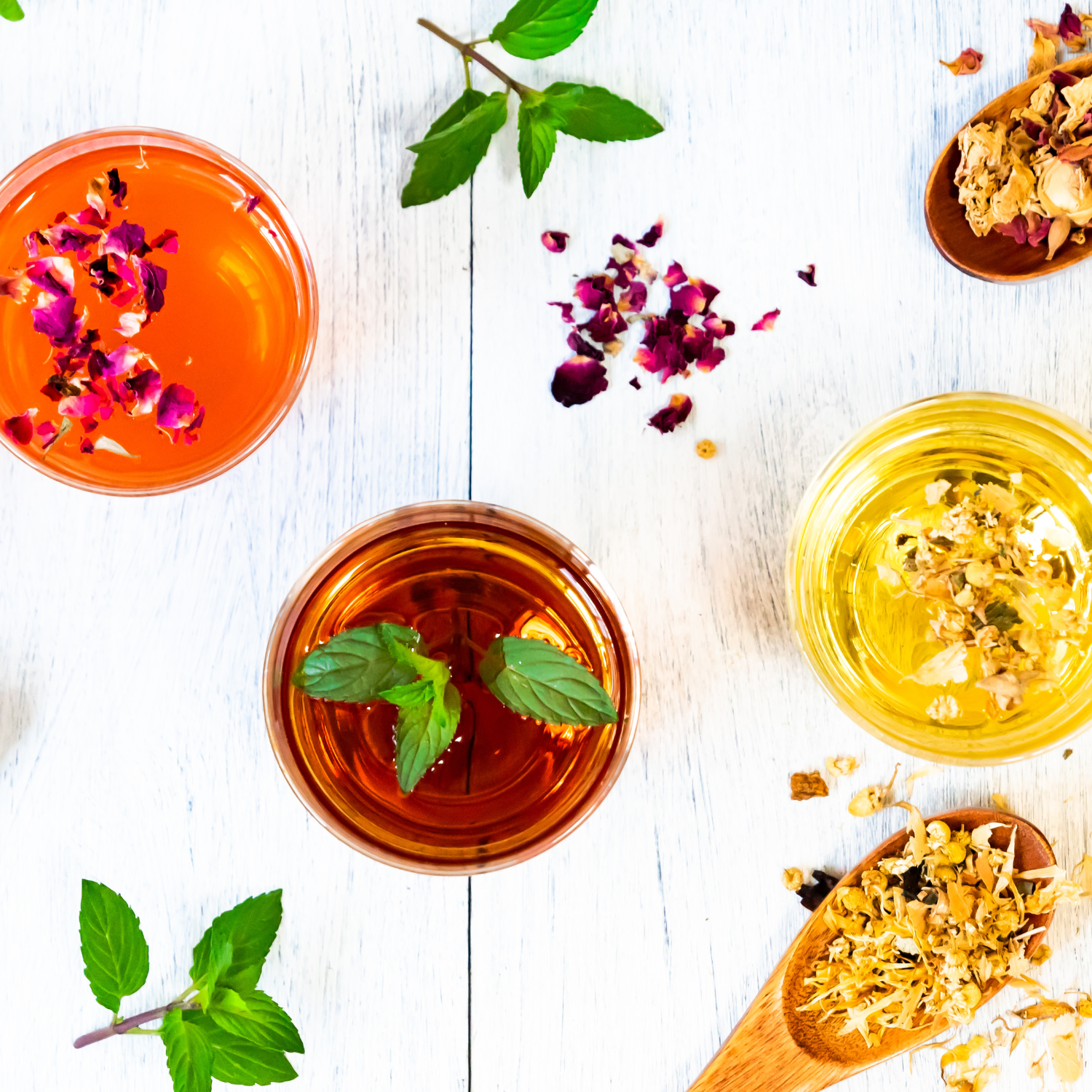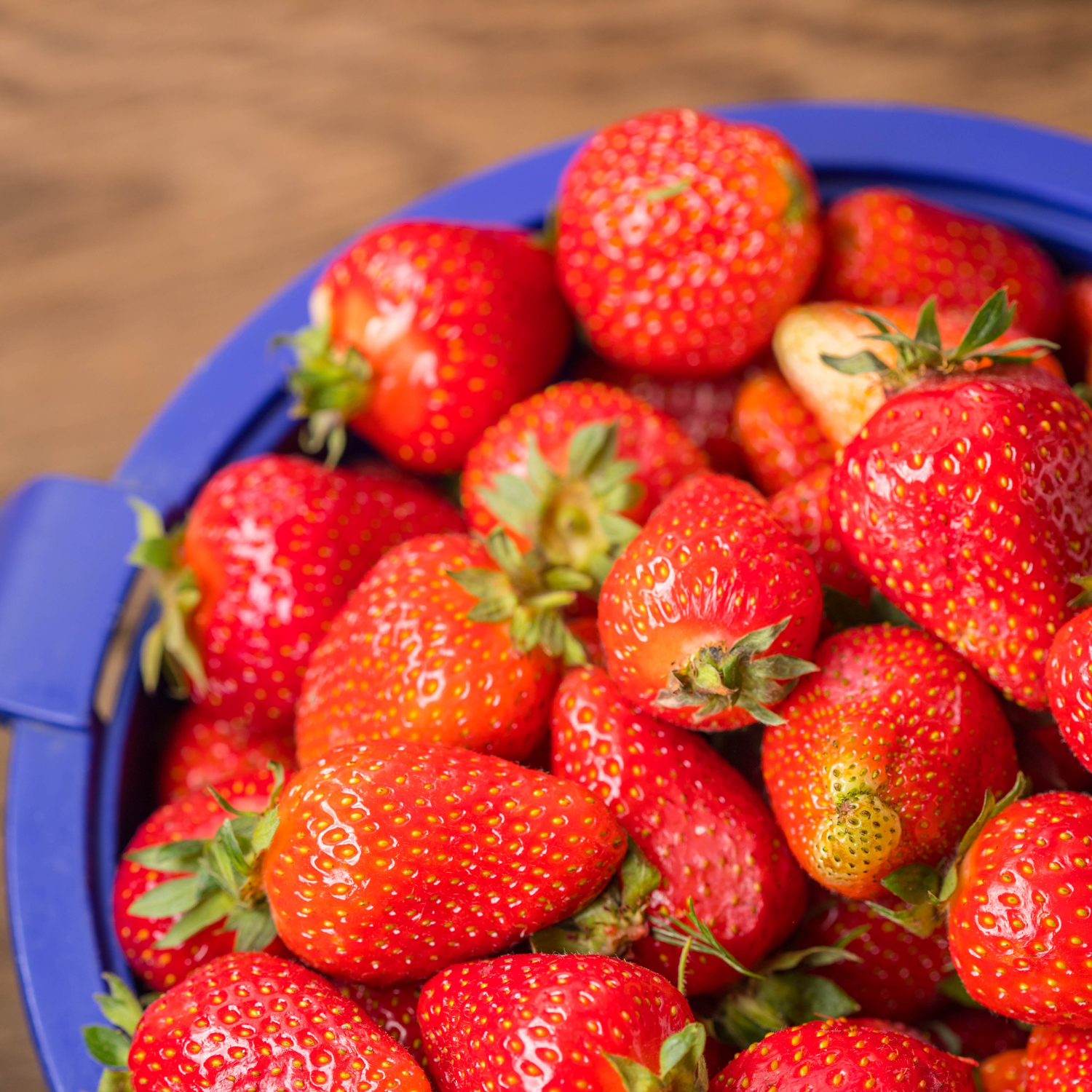
As the popularity of tea continues to grow, many tea lovers are turning to fresh, homegrown herbs to enhance their tea-drinking experience. With a wide variety of herbs available, it can be overwhelming to choose which ones to grow for tea. In this article, we will discuss the best refreshing herbs to grow for tea that will not only provide a delightful taste but also offer various health benefits.
Introduction
Growing herbs at home is not only a great way to save money but also a way to ensure that you have access to fresh, high-quality herbs whenever you want. Herbs used for tea are some of the easiest plants to grow and maintain, making them perfect for beginners.
The Benefits of Growing Your Own Herbs
Growing herbs at home is not only fun but also has various benefits. Some of the benefits include:
- You can control the quality of your herbs.
- You save money by not having to purchase herbs from the store.
- You have access to fresh herbs whenever you need them.
- Growing herbs is a sustainable practice that reduces your carbon footprint.
The Best Refreshing Herbs to Grow for Tea
-
Mint: Mint is a refreshing herb that is easy to grow and perfect for tea. It has a cool, refreshing flavor and a natural sweetness that makes it perfect for hot or iced tea. Mint is also known for its digestive benefits and can help soothe an upset stomach.
-
Lemon Balm: Lemon balm has a bright, lemony flavor and is perfect for iced tea. It is also known for its calming properties and can help reduce stress and anxiety.
-
Lemon Verbena: Lemon verbena has a strong lemon flavor and is perfect for hot tea. It is also known for its digestive benefits and can help reduce bloating and gas.
-
Lemongrass: Lemongrass has a citrusy flavor and is perfect for hot or iced tea. It is also known for its anti-inflammatory properties and can help reduce inflammation in the body.
-
Chamomile: Chamomile has a subtle, floral flavor and is perfect for hot tea. It is also known for its calming properties and can help reduce stress and anxiety.
-
Rosemary: Rosemary has a unique, savory flavor and is perfect for hot tea. It is also known for its memory-enhancing properties and can help improve brain function.
-
Lavender: Lavender has a floral flavor and is perfect for hot tea. It is also known for its calming properties and can help reduce stress and anxiety.
-
Echinacea: Echinacea has a subtle, earthy flavor and is perfect for hot tea. It is also known for its immune-boosting properties and can help reduce the duration and severity of colds and flu.
-
Thyme: Thyme has a slightly minty flavor and is perfect for hot tea. It is also known for its anti-inflammatory properties and can help reduce inflammation in the body.
-
Basil: Basil has a subtle, spicy flavor and is perfect for hot or iced tea. It is also known for its anti-inflammatory properties and can help reduce inflammation in the body.
How to Grow Herbs for Tea
Growing herbs for tea is easy and requires minimal effort. Here are some tips to help you get started:
- Choose a sunny location for your herbs.
- Make sure your soil is well-draining and rich in nutrients.
- Water your herbs regularly but avoid overwatering.
- Fertilize your herbs every 4-6 weeks.
- Harvest your herbs frequently to encourage new growth.




Dejar un comentario
Este sitio está protegido por hCaptcha y se aplican la Política de privacidad de hCaptcha y los Términos del servicio.